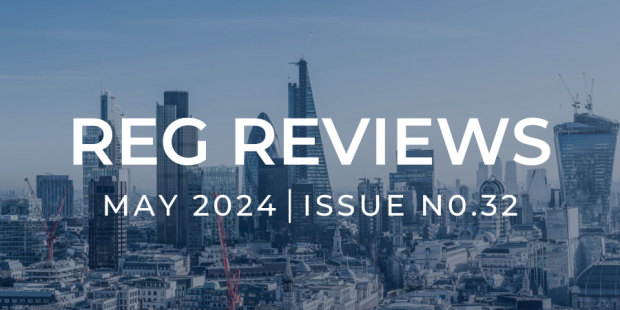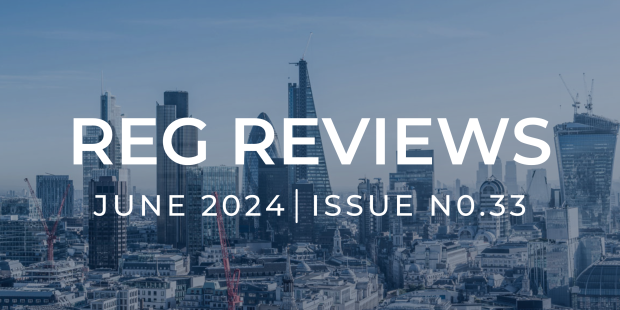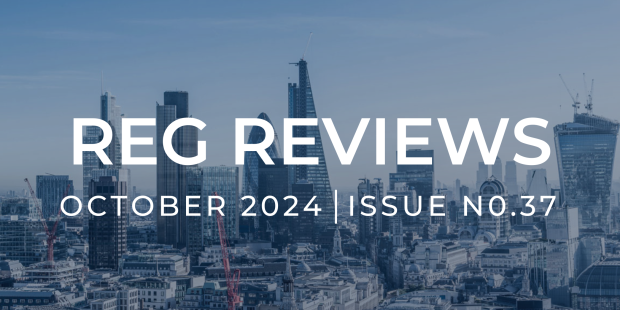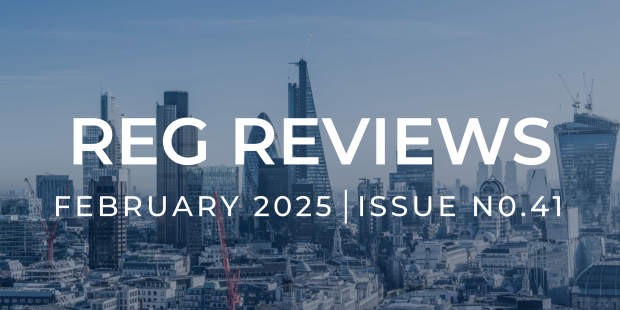A recent analysis carried out by Broker Insights shows that more and more brokers are cutting on the number of insurers they work with, particularly smaller carriers they place less policies with.
By consolidating agencies and directing more business through fewer providers, companies can manage costs more effectively, enhance service quality, and negotiate better policy terms.
The latest Broker Insights research highlights this trend, examining how policies shift across markets.
According to Eleanor Haig, data manager for Broker Insights Market Movement Index: “We’ve seen a considerable rise in brokers consolidating agencies. At the same time, we’re also seeing brokers moving policies more, particularly with lower premium ones, showing they work effectively with a reduced number of insurers.”
The Q3 Market Movement Index by Broker Insights tracks broker risk placement, insurer preferences, and policy shifts using an expanded £4.6bn dataset.
Moreover, the research also highlights that brokers are lowering the number of insurers they work with, especially in commercial motor. As Haig adds: “We measured whether brokers have decreased their markets by more than 5%. The proportion who have done this are represented in the slide, so for commercial motor, just over 50% of brokers have reduced the number of markets used by 5% or more.”
Not to mention that Broker M&A activity is driving agency consolidation, reshaping insurer relationships. Paul Anscombe, CEO of Seventeen Group notes that this has both pros and cons: insurers manage fewer brokers and gain efficiencies but often face higher commission costs.
The commercial motor sector experienced the largest decline in insurers, likely due to significant losses in the motor insurance market in 2023. As a result, several MGAs faced capacity challenges.
According to Haig, the main shift in the market has been the exit of micro insurers, with nearly twice as many leaving commercial motor as entering.
Kieron Burrows, head of insurance at Konsileo noted that while fleet insurance remains volatile, new MGAs have emerged without major departures. However, the specialist vehicle sector, including taxis and couriers, has faced several exits and capacity issues, he added. Some providers have focused on direct sales for smaller clients, while others, like Flock, cater to fleets rather than single vehicles.
A key challenge is the lack of insurers offering tailored terms for volume deals. Strong broker relationships, like those at Konsileo, have helped some taxi drivers secure coverage in a tough market.
Broker Insights research also shows that The rapid exit of micro insurers is causing market instability, leading 55% of brokers to consolidate and favour larger, established insurers.
MGAs remain vital despite market challenges, with larger ones evolving to compete with insurers, according to Anscombe. He noted that while some major insurers support smaller brokers, others focus on larger firms, creating space for MGAs to thrive.
Their agility, lower costs, and equity opportunities attract underwriters, while brokers must assess MGA stability to ensure reliable coverage.
On an ending note, Haig reports that: “Overall, brokers are taking a hard look at where they are placing business. If they are only using a market occasionally, there’s still a cost with this and they may have other markets to use, so making reductions can be the right strategy.”



























